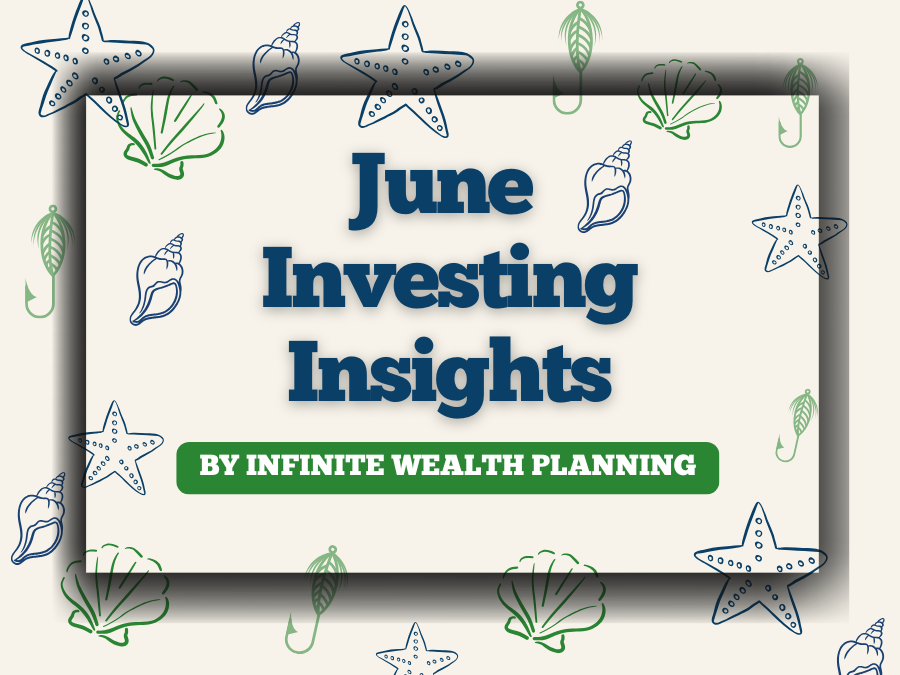Geopolitical Tensions & Market Resilience
Separating Long-Term Economic Impact from Short-Term Market Reactions
Wow! Markets have come full circle since the lows in April and as of this writing are back to all-time highs. This comes as a surprise to some, as geopolitical conflict has become a greater concern in recent weeks. But while geopolitical concerns may mean a lot for humanity, often the market looks through these events as its main concern is the economy.
Historically speaking, geopolitical tension in the middle east has been problematic for markets not because bombs are “scary”, but more so due to the impact of these tensions on the price of oil and what that means for the backbone of the economy.
Decades ago, there were significant recessions that were impacted by the rising cost of oil. Most recently we saw this in the early 90s as America entered into the Gulf War. This caused the US to go into a recession (indicated by the grey shaded area on the chart) and the market to drop roughly 20% from July to October of 1990.
Since then, the economics of oil have changed a bit, with the US increasing its own oil output and shifting away from the Middle Eastern oil imports, shifting more to Canada since the early 2000s.
In recent weeks, we saw oil prices spike initially as conflict in Iran ramped up, but prices quickly retreated back to more favorable levels which allowed the market to look through the conflict.
Maybe someday we will again see a US recession on the back of a spike in oil prices. There certainly is still muscle memory from the 70s and 90s in the back of many investors’ minds. For now, it seems like these conflicts may have more bark than bite, at least as it comes to the US economy.

Thanks For Reading! We Hope To See You Again!
For More Updates:
Advisory services offered through National Wealth Management Group, LLC, a Registered Investment Adviser. This information is intended for educational purposes and is not intended as a recommendation to buy or sell securities. Investing involves risk. Before investing, you should consult with a financial advisor to determine how a specific investment strategy fits your personal goals and objectives.





